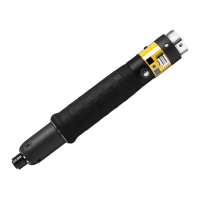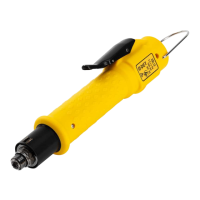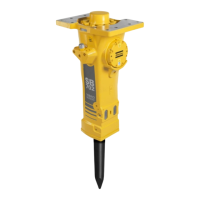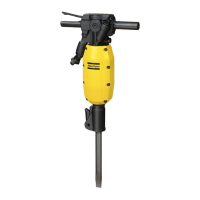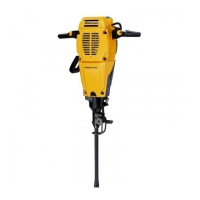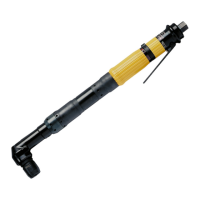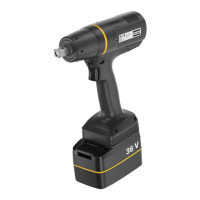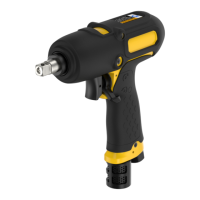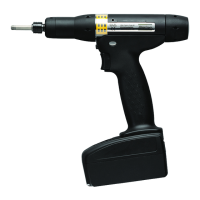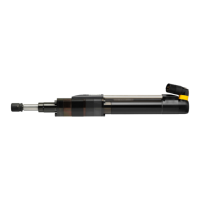Set Up and Maintenance
140 9836 3521 01
For Identifier Type 1 up to twenty significant strings can be specified using a Conversion table. Aside from
that each of these strings are tested, one by one until a match is found, the same matching rules applies.
With the Conversion table it is also possible to have the matching identifier string automatically converted
to a numerical value available in the PLC as input IDTYPE_1_CODE (see PLC chapter: Multiple identifier
variables).
If the same source is used for more than one Identifier type and the respective match conditions does not
guarantee that an incoming string matches only one of the types then a rule must be set up for in which
order the Types are assigned. Press the Work Order... button to open a form where this can be done.
The Identifier type strings are not directly available in the result data produced by a cycle. They are
however available in the PLC for evaluation.
Work Order
A Work Order is useful when PowerMACS should receive the Identifiers in a given order and/or to resolve
in which order the received strings are assigned to the Types if they are ambiguously defined.
The Identifier types included in the Work Order must be received in the order that they are listed to be
accepted.
If there is at least one Type in the Work Order list the Multiple identifier function will always try to match
this Type before testing any type outside the Work Order.
The Work Order is said to be passive until its first Type is accepted. When this takes place the Work Order
becomes active.
While the Work Order is active then only an input string that matches the next, not already accepted, Type
in the Work Order list is accepted. All other strings are neglected even if they would have matched another
Identifier type.
When the last Type of the Work Order list is accepted the Work Order sequence is completed. This will
put the Work Order in passive mode, waiting for the first Type again.
Types that are not included in the Work Order may be received, and are accepted, in any order as long as
the Work Order is passive.
Types that are not uniquely defined, meaning that they use the same source and have match conditions
that does not ensure that only one of them match a given input string, should be included in the Work
Order. The Work Order then controls in which order received input strings are assigned to the respective
Type.
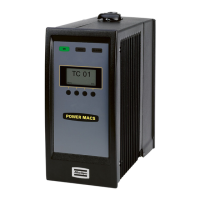
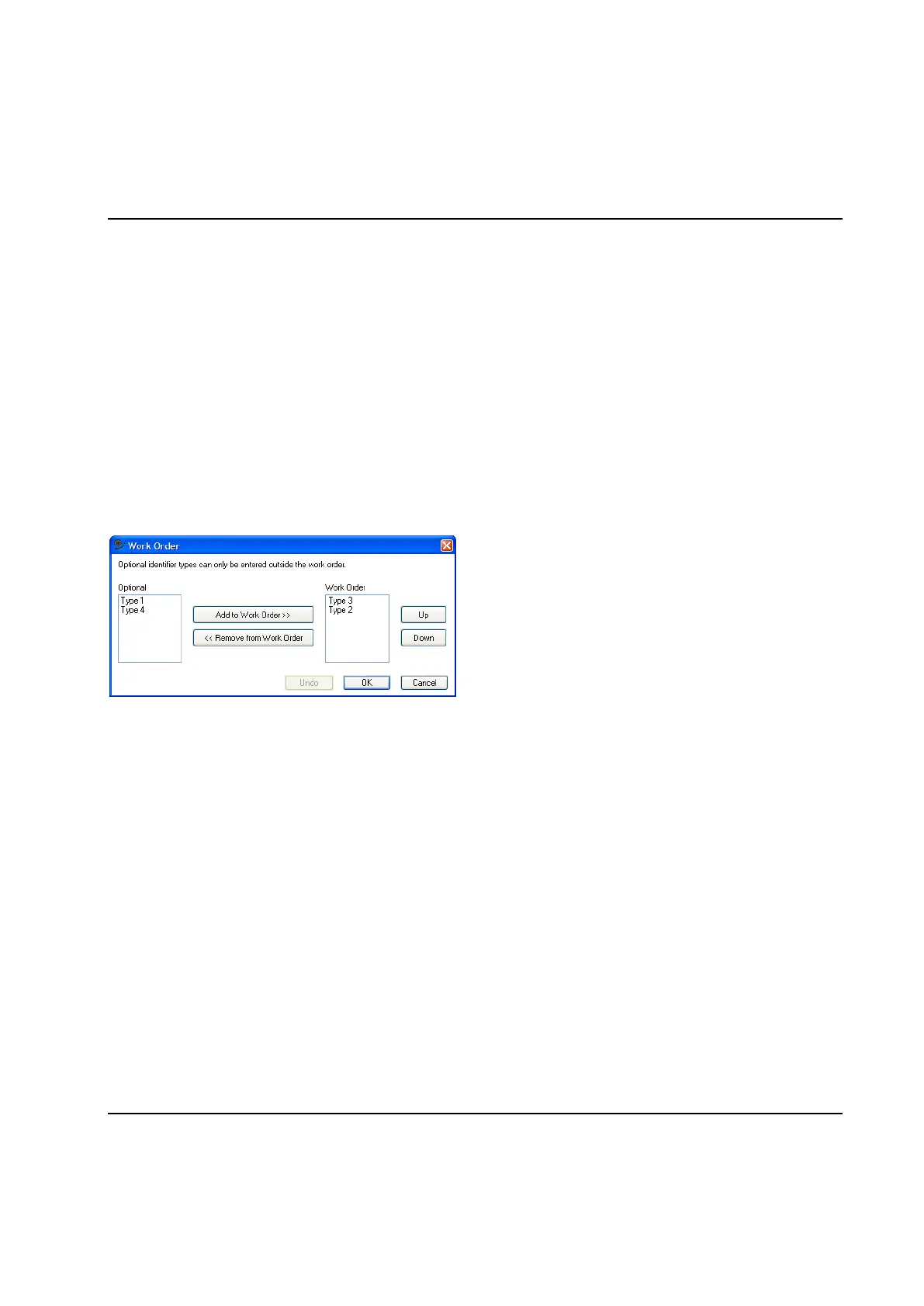